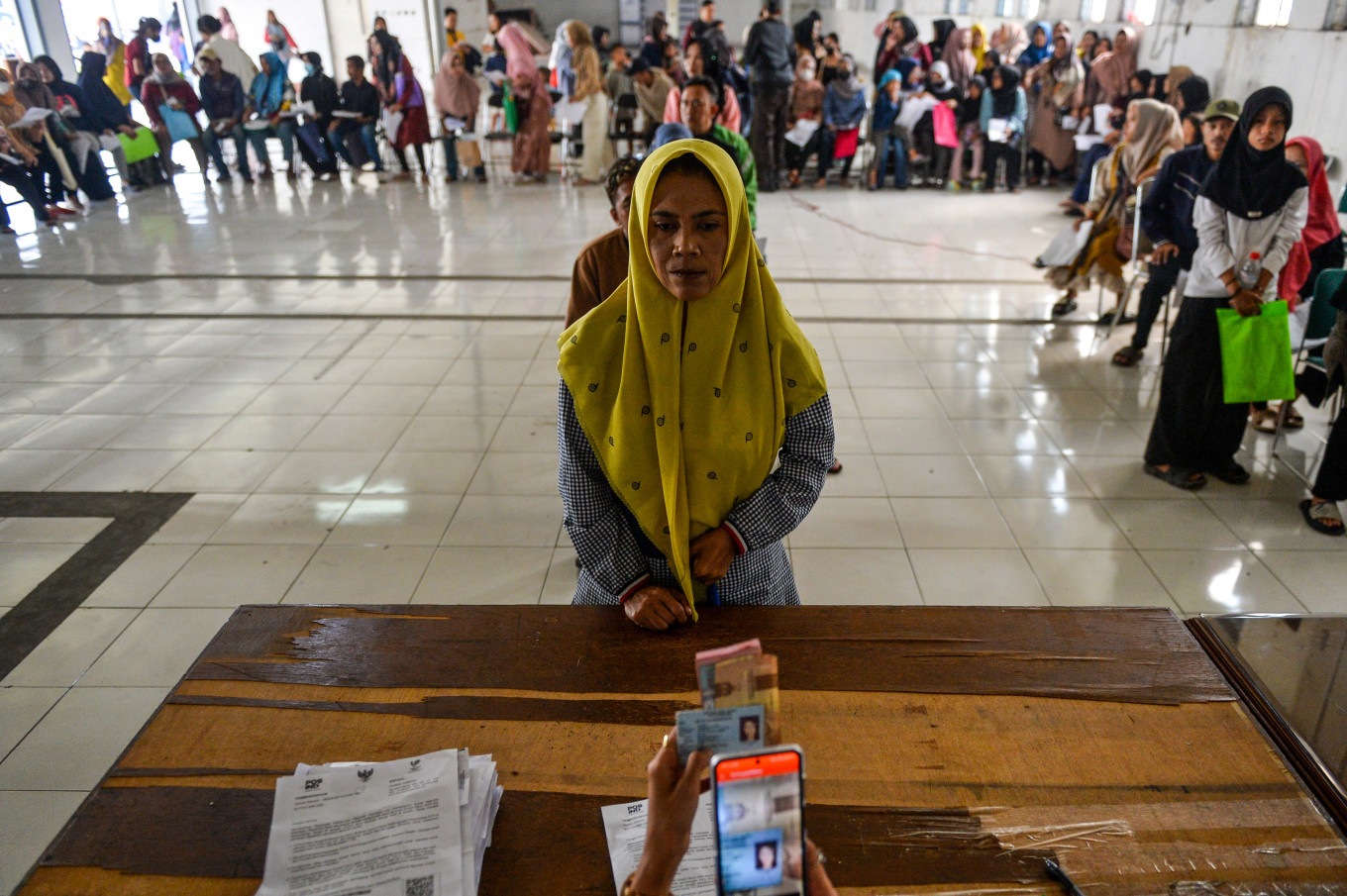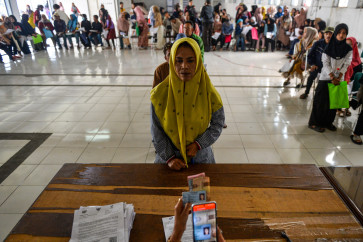Popular Reads
Top Results
Can't find what you're looking for?
View all search resultsPopular Reads
Top Results
Can't find what you're looking for?
View all search resultsThe world needs an independent inequality panel before the gap widens
As inequality increasingly shapes economies, politics and transnational cooperations across the globe, we need a world panel to specifically address the issue by collating and synthesizing data from across varying regions.
Change text size
Gift Premium Articles
to Anyone

The call for an independent world panel on income and wealth inequality has moved from a distant academic aspiration to something approaching a global imperative. When hundreds of distinguished economists, including former United States Treasury secretary Janet Yellen and Nobel laureate Joseph Stiglitz, publicly urge world leaders to establish such a body, it signals a shift in tone, suggesting that inequality is no longer just a policy concern: It is a structural threat.
Their open letter comes ahead of the Group of 20 Summit in South Africa, where a major report on global inequality is expected to be presented. The findings describe an “inequality emergency” unfolding alongside the climate emergency. Together, the two form a kind of double helix of stress – one economic, one environmental – that is driving political volatility and eroding confidence in democratic systems.
The basic premise is simple: Inequality is now shaping global politics as powerfully as climate change shapes the physical world. But unlike climate change, inequality lacks a global body with a clear mandate to study its drivers and advise on responses. This absence is becoming increasingly untenable.
Despite the scale of today’s disparities, global governance has been slow to adapt. International institutions focus on financial stability, humanitarian crises, climate targets or trade rules. But no institution examines the distributional consequences of global economic change regularly, independently and comprehensively.
Instead, inequality is tracked through an assortment of national statistics, academic studies and policy briefs. These are valuable, but fragmented. Governments rarely receive integrated analysis that cuts across tax systems, labor markets, digital transformation, demographic shifts and climate transitions. Without that holistic view, it becomes difficult to distinguish between temporary shocks and deeper structural shifts.
This fragmentation has real consequences. When inequality widens, societies often face a predictable sequence: declining trust, political fragmentation and polarized elections. Economic choices become less forward-looking because governments facing fractured constituencies rarely possess the mandate for long-term reforms. The global system is witnessing these dynamics in multiple regions simultaneously.
The idea behind the establishment of such a panel is not to evaluate or rank countries. Rather, it is to create a standing, independent institution capable of synthesizing the best available evidence, identifying emerging risks and framing inequality as a global issue rather than a domestic embarrassment.



















